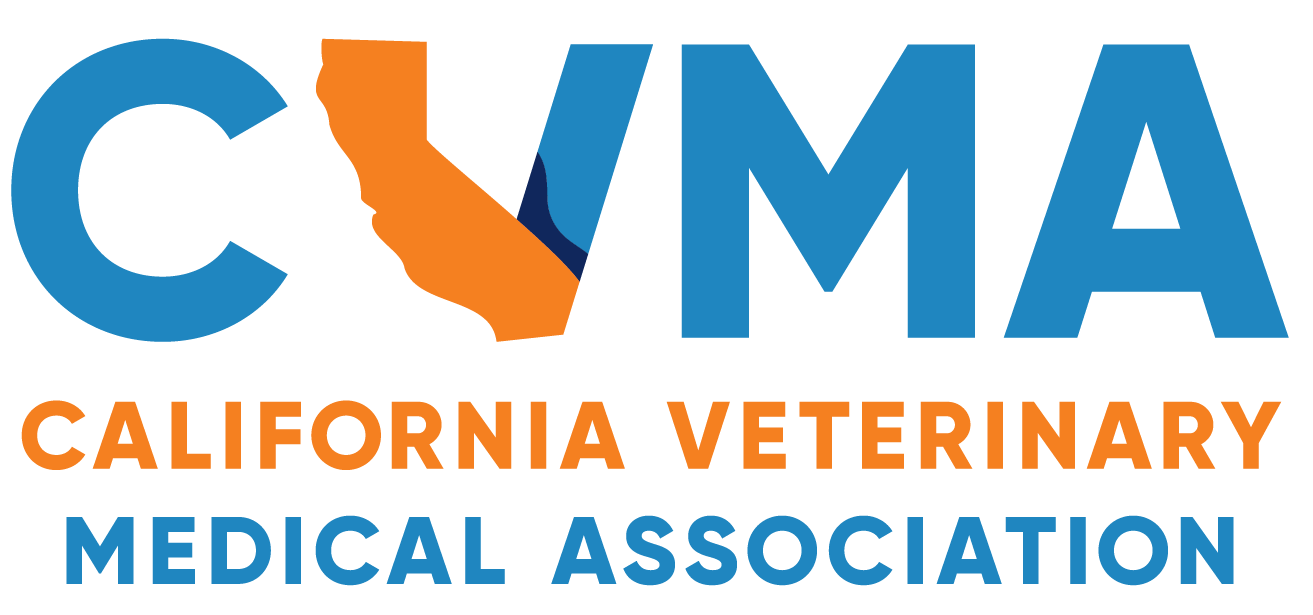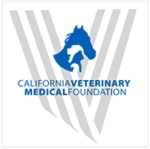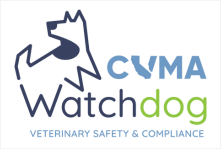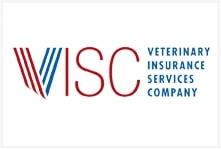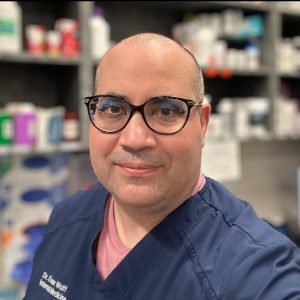This article was originally printed in the November/December 2024 issue of the California Veterinarian magazine.
In diversity, equity, inclusion, and belonging (DEI-B) work, we talk a lot about spoken and written forms of passive and active harassment and discrimination. These discussions give tangible callouts for action and can provide roadmaps for development. We also bring up unconscious and hidden bias that drives exclusion and other practices that sideline marginalized people. What we don’t talk a lot about is how silence can also be a form of discrimination. Silence is unwieldy and uncertain. Silence is often unknowable.
Silence can serve as an “easy way out” for those who would rather leave discriminatory thoughts unspoken. For those who are the victims of it, silence can be deafening.
My husband and I experienced silence firsthand in Lafayette, Indiana when we called a contractor to get an estimate on some bathroom renovation work. The person I talked to was very friendly and said they’d come out to look at the bathroom. I told them I’d be at work but my husband would be at home, and I gave the contractor his number. After that, they sounded odd and didn’t show up on the day they were scheduled. I tried calling and left messages, but they never called back. We tried another plumbing contractor and got the same results. We then went to a store in person and, again, were met with silence. Finally, my father-in-law drove out from South Carolina to help, and we did the work ourselves.
When we moved just outside of Orlando several years later, we had a fence company, a plumber, a general contractor, and a painter all confirm, not show, and then refuse our calls. If I mentioned a husband, or that two of us would be there for the estimate, we would never hear from them again. We learned that contractors would only come if there was one point of contact and if we were never seen together. Silence told us everything we needed to know about what they thought of us.
For queer people, these moments are not limited to contractors and businesses but are ever-present throughout our daily lives, conversations, and workplaces. Silence is often brought on by the mention of queerness: long pauses when people look away, rephrase their question, change the subject—dashes in the conversation that mimic Morse code. These beats of silence damp out the rainbow, allow hatred to seep into civil conversation, and bring a heavy weight to any interaction. Queer individuals are armed by past experiences to defend against low shots spoken aloud about our relationships, sexual orientation, gender identity, and pronouns. It’s much harder to manage skipped and unexpected beats around the mundane details of our lives.
Queer people are always navigating the murky waters of how much to say or when it’s safe enough to speak openly. We cast out these lines of identity, whether purposefully or not, and wait to see who grabs and pulls them up. We can never be sure what we will find on the other end.
In networking and interviews, there’s an added layer of pressure and anticipated consequence for having a queer identity. There is a moment of apprehension when someone hears our pronouns for the first time, when we ask about whether there will be health coverage for our spouse’s gender-affirming care, or when we have to choose whether to out our kid or redirect the conversation when a colleague asks if our kids are boys or girls because our youngest is nonbinary. All too often, there isn’t an immediate response during the conversation, and we have to keep guessing until their true beliefs become clear later—such as when our family member is misgendered, when a husband is called a partner, or when someone makes an unintended but revealing assumption about our existence.
Or, interactions may appear to go incredibly well. The connection may be strong, and the plans for follow-up are set and clear. “We’ll catch up by Friday at the latest,” someone will promise, and then a couple of weeks go by, and then a month, and then nothing. We’re taught to say to ourselves in these circumstances: “It’s not about me.” “Maybe they chose someone internally for that job or committee.” “Maybe they’re busy, or the cycle was canceled.” Then reality sets in and the second-guessing begins when announcements come out.
One of the most insidious parts about silence is that it’s impossible to ever know for sure what is attributable to typical factors or chance and which opportunities are lost because of who we are as queer individuals. Admittedly, many people who don’t have a marginalized identity often experience a lack of follow-up by potential employers. But studies continually demonstrate that individuals with queer identity face increased silence from prospective employers.
According to a 2024 experiment published by the electronic journal SSRN, putting “they/them” pronouns on a resume reduced employer response by 5.4 percentage points (Eames, 2024). Another study, conducted by Business.com in 2023, aimed to discern whether jobseekers with non-binary gender pronouns on their resumes were less likely to be contacted by employers in the U.S. The experiment involved submitting hypothetical resumes to employers that were identical, except that one version included “they/them” pronouns, and the other did not.
According to the poll, 59% of the nonbinary applicants felt their identity would “somewhat hurt” their chances, while 24% thought it would “very much hurt” their chances. The results validated their concerns, as hiring managers were 4% less likely to ask non-binary applicants for an interview and felt that the candidates with “they/them” pronouns were 7% less qualified for the position.
Because of these reports, I stripped back 40 years of personal growth and removed “they/them” from LinkedIn and my CV for a few months. I thought about shutting down a queer social media account that I run. It was a painful and futile effort on my part; even if I don’t have pronouns on my nametag at work, people know there’s something different about me, something “other.” That’s always been true. I’m also vocal about and publicly involved in queer advocacy work.
Tolerance is a lower bar than understanding—and vastly lower than inclusion. But I remember for a short time, several years ago, when it felt like tolerance for the queer community was more prevalent than it is today. It is a cruel paradox that in a time that offers such great resources for supporting gender diversity, we are witnessing a rise in individuals emboldened by political rhetoric to reject compassion and sever connections. Unfortunately, this current moment of anti-LGBTQ+ sentiment is a tired echo carried through human existence.
The boring truth is that every queer person is just a person, which sadly needs to be repeated often. Dehumanizing the LGBTQ+ community impacts more than the individuals within it. When discrimination is used as a filter for opportunity, whether intentionally or not, the results cut both ways. In the 20th century, scientific discovery, medicine, business, and the arts benefited from queer people without ever explicitly acknowledging it. Will the 21st century squander the contributions of queer innovation entirely because higher visibility has pushed a backlash of exclusion?
Gen Z and Gen Alpha have historic numbers of out queer individuals counting on progress, including the removal of obstacles to advancement. The lived experiences of the community are too far intertwined now with the future of veterinary medicine to be neglected. To solve this problem, there is a responsibility on both sides of the equation. As has been practiced for centuries, marginalized people need to continue to communicate with each other about the barriers that we encounter so that issues can be brought directly to organizations and companies, including those in the veterinary profession. Conversely, employers and those empowered to advance others must recognize the effect of silence and work to eradicate it to have fully equitable and inclusive workplaces.
Dr. Ewan Wolff, PhD, DVM, DACVIM (they/them) is a small animal internist in Portland, Oregon and the industry liaison for PrideVMC. They earned their DVM degree from the University of Wisconsin–Madison in 2011, and they completed their residency and subsequent ACVIM fellowship at Purdue University. They have worked in specialty practice since 2018. At PrideVMC, they co-authored the Gender Identity Bill of Rights and coauthored/edited the Gender Diversity Guide. They have lectured on clinical and DEI subjects nationally and have authored multiple articles and book chapters.
